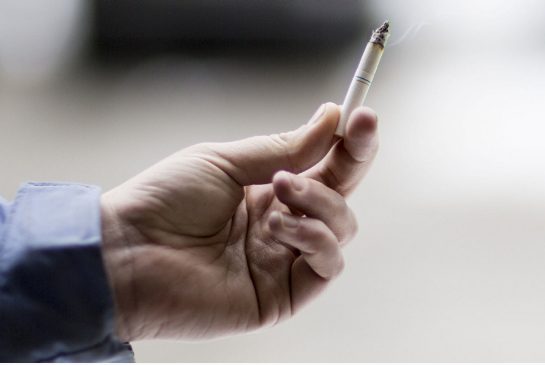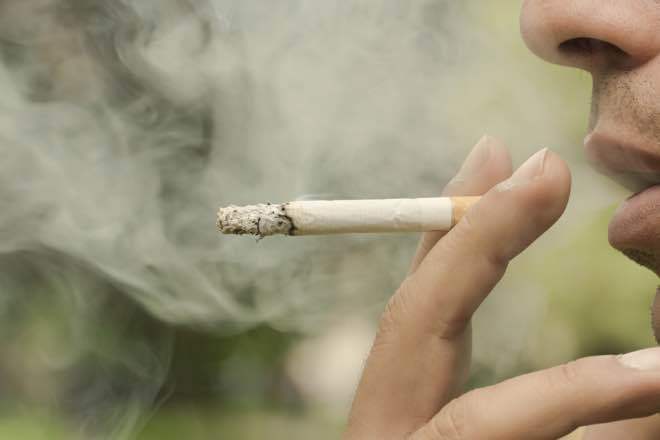Smoking and Survival Situations: Things You Should Consider
We all know about the dangers of smoking, and we also know that quitting is easier said than done. However, the impact of smoking extends far beyond paying high prices, facing social stigma and inherent risks to health and well-being. Smoking also directly interferes with the ability to prepare, cope and manage a crisis. The last thing that anyone needs is to enter a crisis facing an inherent impediment, and smoking almost automatically puts anyone behind the eight ball from the start.
Places Stress on the Body
The primary concern regarding smoking during a survival situation has to do with placing stress on the body. It interferes with the exchange of oxygen in the lungs. Shortness of breath, breathing harder and elevated heart rates after exertion pose a serious health risk. It also weakens endurance and makes it more difficult to accomplish tasks under stress. This is a time when we need to be on top of our game and smoking automatically puts someone at a disadvantage.
Messes With Emotions
The other concern is that it impacts everything from energy levels to clarity and the regulation of emotions. Nicotine buzzes last about a half hour at best, which means that withdrawal symptoms begin very quickly after the last cigarette has been smoked. Prolonged withdrawal leads to wild mood swings, irritability, forgetfulness, lack of focus and malaise. These symptoms subside after a couple of days, but going through this process in the midst of a crisis is not the best time.
Consider the fact that life or death decisions need to be made at the spur of the moment. The last thing that anyone needs is to have withdrawal symptoms impacting judgment and clarity of thought. Survival situations are also very stressful, and this can cause people who are on edge from withdrawal to lose their temper and make irrational decisions without warning.
Distractions
Sooner or later supplies of cigarettes or nicotine alternatives will run out, and this can shift focus from the matter at hand to worrying about where to get the next fix. This mental tug-of-war can also impede clarity of thought and good judgment, shift focus from the matter at hand and lead to a host of problems that could otherwise be avoided.
Takes Resources
Smoking or using nicotine replacement products costs money and takes up space. Consider how much money goes into supporting a nicotine habit, and then add that up and see how much of that money could be dedicated towards preparation efforts. While it is true that other habits and general spending also reduce the ability to prepare, smoking in particular is something that is disproportionately expensive.
It is not uncommon for heavy smokers to spend more on their cigarettes than rent or car payment. Just think of all the things that can be done with that money to establish a solid footing in which to fall back on during a crisis. While this line of thinking may or may not be reasonable or fair, it is still worth considering.
These are just a few examples of some of the impediments that smoking brings into survival scenarios. However, there are also some positive things associated with quitting that should be considered as well. First, it doesn’t take long to overcome withdrawal symptoms. For the most part, it takes a couple of weeks to get through the worst of the storm. The first couple of days are the hardest. It is true that cravings can persist for years after stopping, but they get easier to handle and control with the passage of time.
Second, the health risks from smoking begin to diminish within 24 hours of putting out the last cigarette. Blood pressure levels can drop to normal. Oxygen levels also increase as carbon dioxide and carbon monoxide levels drop to almost zero. Breathing improves, energy increases and people report an overall improved sense of well-being and happiness. Of course, these good feelings are also interspersed with withdrawal symptoms. However, a good mental attitude, some supportive therapy and a lot of love and TLC from friends and family can go a long way to make things easier.
All of this builds to the crux of this article. Quit smoking now and get through the rough patches of withdrawal sooner rather than later. Anyone who can get a handle on this now will stand a much better chance of being in an advantageous position during a survival situation. Not only that, but preparedness efforts will be more fruitful as well.







